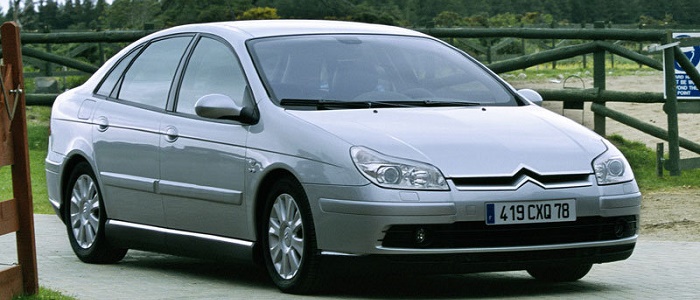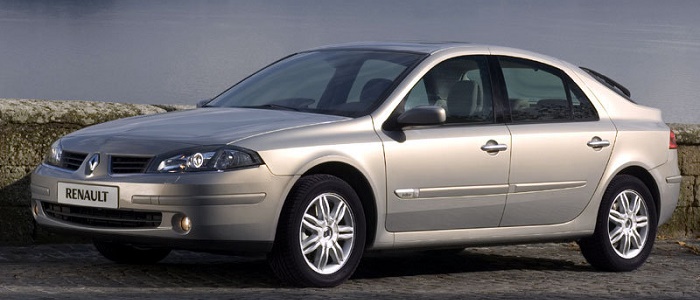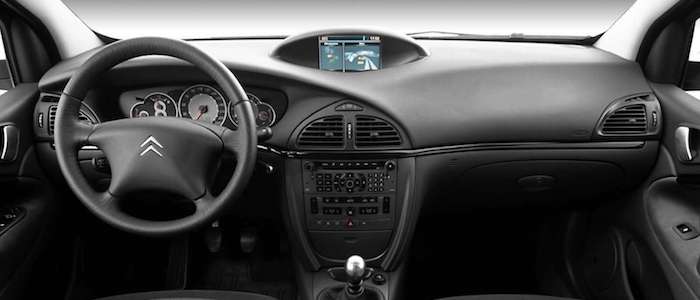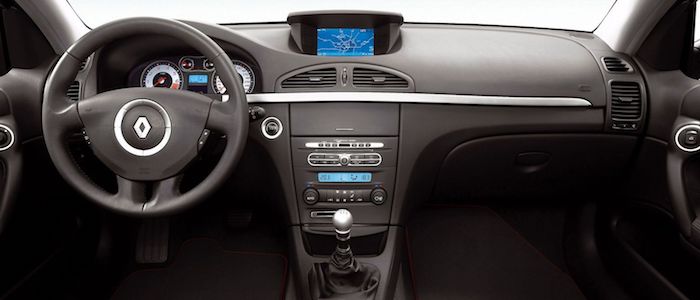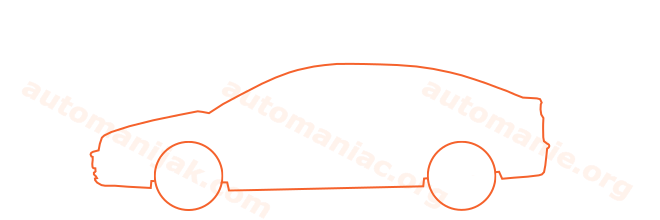Compare two cars
Compare any two cars and get our Virtual Adviser™ opinion
Marketing
Dimensons & Outlines
Engine
2.0 EW10 A 2
Performance (manual gearbox)
Performance (automatic gearbox)
Expenses
Virtual Adviser's™ opinion
Well, these are two pretty similar cars we have here! It's only details that could potentially make the difference. Considering they both belong to the large family car segment and utilize the same 5-door hatchback body style and the front wheel drive system, it all comes up to the specific petrol engine choice they offer. The first one has a Peugeot-engineered powertrain under the hood, a 4-cylinder, 16-valves 143hp unit, while the other one gets its power and torque from a 4-cylinder, 16-valves 136hp engine designed by Renault.
SafetyBoth vehicles got tested by European New Car Assessment Programme (Euro NCAP), with the same number of safety stars gained in the process. Moving further on, let's take a closer look at some additional safety-related facts. Both vehicles belong to the large family car segment, which is generally a good thing safety-wise, but that fact doesn't break the tie between the two cars. Furthermore, if we'd like to consider vehicle mass in this context too, which we definitely should, Citroen C5 offers a marginal difference of 9% more metal.
ReliabilityReliability is not the best thing to consider on the make level, but it is worth mentioning that Renault does have a slight advantage, when all the models are taken into account. That's the official data, while our visitors describe reliability of Citroen, as well as Renault, with the same average rating of 4.1 out of 5. Some independent research have also placed C5 as average reliability-wise, and Laguna is more or less at the same level.That apart, owners of different cars powered by the same engine as Citroen C5 rank it on average as 3.9, while the one under the competitor's bonnet gets 3.6 out of 5.
Performance & Fuel economyRenault is a bit more agile, reaching 100km/h in 0.3 seconds less than its competitor. Still, it lacks the power to win the top speed competition, topping at 207 kilometers per hour, 3km/h less than the other car. When it comes to fuel economy things look pretty much the same for both cars, averaging around 8 liters of fuel per 100 kilometers (35 mpg), in combined cycle.
Verdict
Renault appears just a bit more reliable, although the difference is truly marginal. The most important thing when deciding between any two vehicles should always be safety, both passive and active. In my opinion, everything taken into account, Citroen C5 offers slightly better overall protection and takes the lead. From there things take a different direction, with Renault offering somewhat better performance, just enough to call it quicker. Fuel consumption is more or less the same. At the end, as much as I'd like to give you a winner here, it's simply a pure tie if you ask me. Anyway, that's the most objective conclusion I could've came up with and it's based solely on the information found on this website. Aspects such as design, practicality, brand value and driving experience are there for you to measure them out. I suggest you spend two more minutes in order to find out which car, based on your needs and budget, would be picked by the virtual adviser™, among more than 12.000 different ones in our database.























